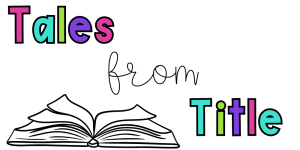On the Blog
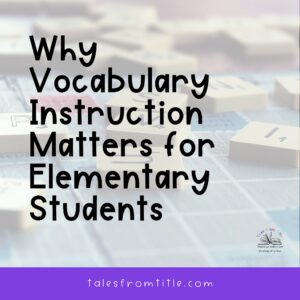
Why Vocabulary Instruction Matters for Elementary Students
It’s time for part eight of my ten-part series on the components of reading! In this series, I discuss what
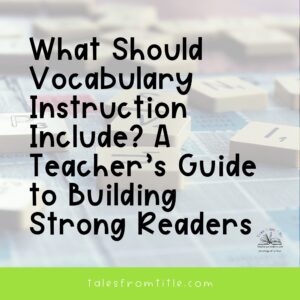
What Should Vocabulary Instruction Include? A Teacher’s Guide to Building Strong Readers
It’s time for part seven of my ten-part series on the components of reading! In this series, I discuss what
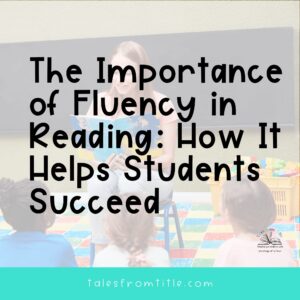
The Importance of Fluency in Reading: How It Helps Students Succeed
It’s time for part six of my ten-part series on the components of reading! In this series, I discuss what
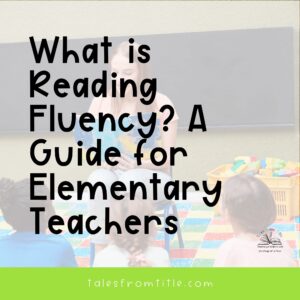
What is Reading Fluency? A Guide for Elementary Teachers
It’s Time for Part Five of My Ten-Part Series on the Components of Reading! In this series, I discuss what
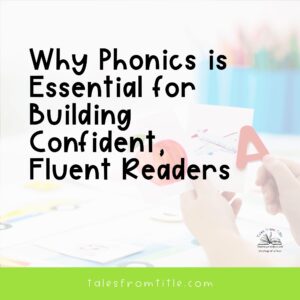
Why Phonics is Essential for Building Confident, Fluent Readers
It’s time for part four of my ten-part series on the components of reading! In this series, I discuss what
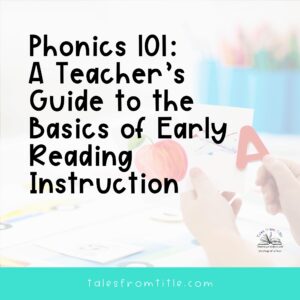
Phonics 101: A Teacher’s Guide to the Basics of Early Reading Instruction
It’s time for part three of my ten-part series on the components of reading! In this series, I talk about

Standards-Aligned Holiday Fun: History of Gingerbread Houses Scavenger Hunts for Elementary Classrooms
Each year as the holiday season approaches, excitement in the classroom seems to build daily. At the end of every

Why Phonemic Awareness is Essential for Students Learning to Read
In our second installment on the components of reading, we’ll explore why phonemic awareness skills are so important for young

Understanding Phonological and Phonemic Awareness: Essential Skills for Early Reading
If you’ve taught primary grades (kindergarten, first, and second), you know how challenging it can be to teach reading, especially

6 Veterans Day Read-Alouds for Elementary Classrooms
Veterans Day is fast approaching, and you might be looking for ways to teach your students more about this important

Spooky, Fun, and Educational: Halloween Candy Comparison Scavenger Hunts for 3rd-5th Graders
Each year as Halloween approaches, the excitement in the classroom seems to reach incredible heights. Students are eagerly looking forward

Engaging Fire Safety Week Activities for 3rd-5th Graders: Nonfiction Scavenger Hunts for Reading Comprehension
There is no denying the demands on today’s teachers are incredibly high. With standardized testing always looming over us, it
